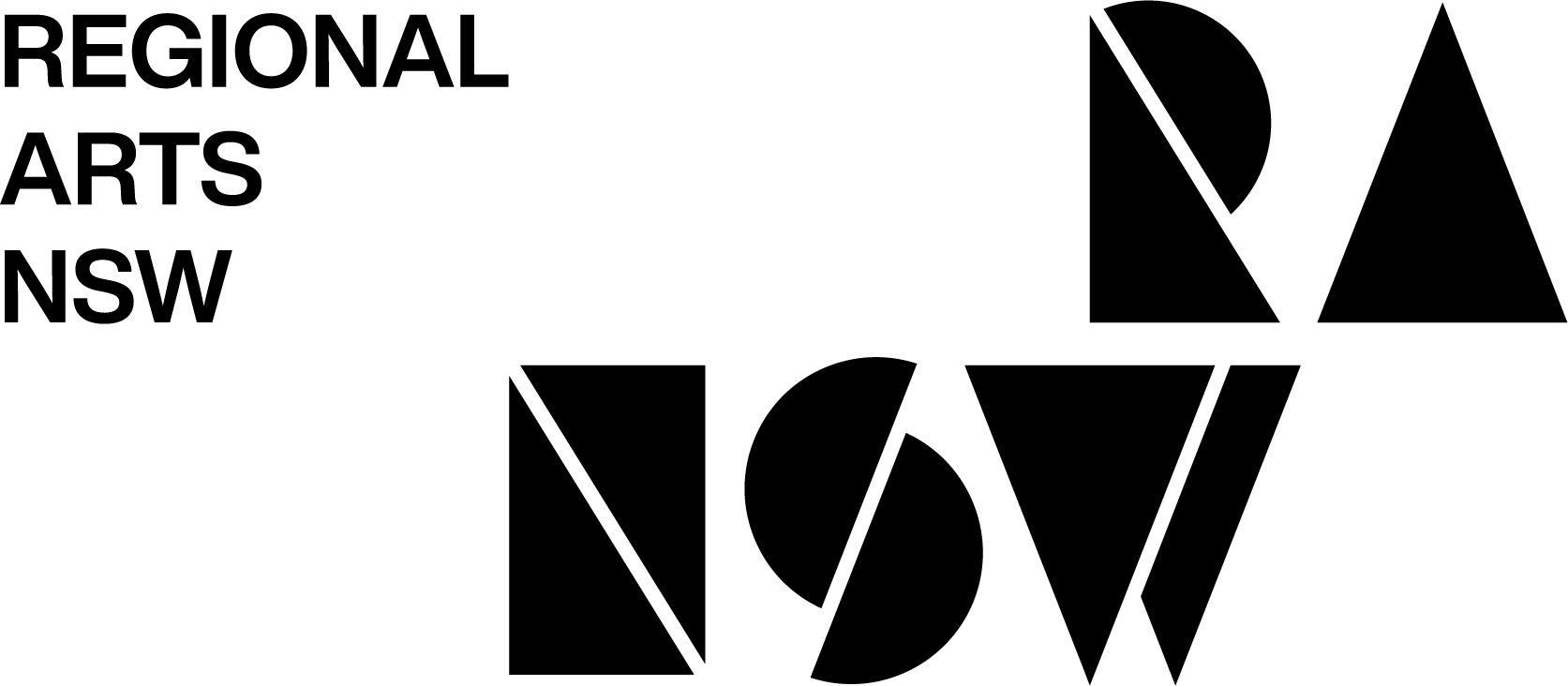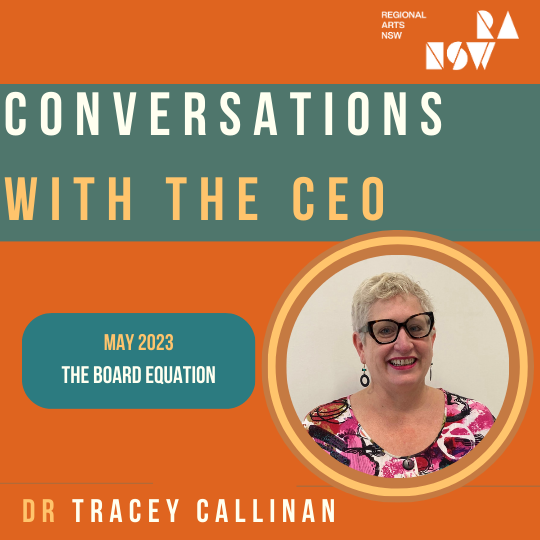For those of us in organisations running our finances on the calendar year, we’ve all been busy with reporting season. I seem to have had many meetings and events that have highlighted the importance of having a robust, proactive board recently. But what does this actually look like in the arts?
The crisis of Circus Oz about what sort of board is needed played out publicly in recent years and raised the question of ‘what sort of skills are needed on an arts organisation board and what place does arts experience have within this?’ Yet many organisations have not addressed this question, and regional conditions add to issues of board makeup. These include the fact that in small regional communities, the people with suitable board skills are often called on repeatedly, causing board fatigue, compounded by the fact that many people are wary of both the commitment and the responsibility associated with board time, even though they still want to see these organisations able to be active in their community.
When it comes to the thorny issue of how much arts expertise is needed on the board or an arts organisation, I have my own opinion. Firstly, the skills that I most value on my board are those that are not my strengths. For example, I think having HR expertise is highly valuable as it is an area that most managers have to deal with, even though we are not necessarily trained in all the legalities of this field. I like knowing that in areas like risk management or financial management, I have people double-checking our work, helping to ensure that we are making responsible decisions, but I do want to know that these people also have an appreciation of the arts and the value of our programs. What I don’t really need is someone telling me how to develop arts programs; this is what I know and understand, what I am trained to do and the area where I have many years of experience, but I do value having some different arts perspectives on my board too. It’s great to have the view of an arts practitioner or the expertise of someone who liaises closely with the sector and knows the politics of the arts, the ‘who’s who’.
Representative boards used to be the dominant model within the NSW regional arts sector. There has been a steady move away from this, removing the problem of people representing bodies such as local councils and coming into board meetings with split loyalties when their role should have been to ensure the organisation was being managed well and in its own interest. Those cases have lessened, and increasingly we are seeing boards able to steer organisations with knowledge and expertise. But there is nothing like a crisis to sort out whether a board has the right balance of skills across its members along with an understanding of the arts sector that we operate in. With ever-increasing levels of compliance being demanded of our arts organisations, I urge all our regional arts bodies – whether professional organisations or community, volunteer-run associations, to address the need for good governance by starting with ensuring that their board is made up of people invested in the sector but with skills to support good practice.

